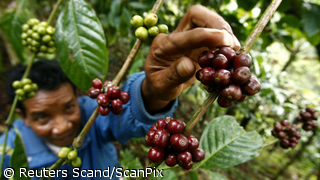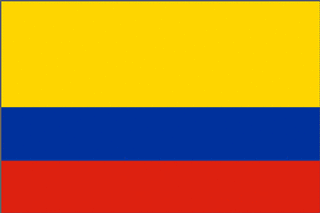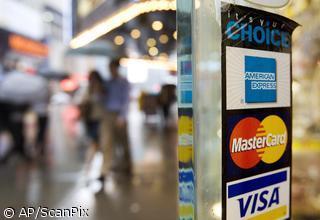Protests against fuel prices blocked highways across Europe Tuesday.
Published:
13 September 2000 y., Wednesday
Protests against fuel prices blocked highways across Europe Tuesday and as pumps ran dry in Britain Prime Minister Tony Blair vowed tough action to move supplies through blockades.
Hauliers furious at high prices and taxes promised more wildcat action across the continent. Protests began in Germany and more were likely in Spain and Ireland.
Although crude oil prices dropped more than $1.30 a barrel, oil traders warned that market fundamentals pointed to continuing high prices in spite of an OPEC pledge to increase production.
Panic buying swept Britain, draining the few remaining supplies of fuel. In the worst hit areas, rubbish went uncollected and hospitals canceled non-emergency services.
"Whatever the strength of feeling there can be no excuse whatever for this type of action which is hurting our people, businesses and emergency services severely," Blair told a news conference after cutting short a visit to northern England.
"Legitimate protest is one thing, trying to bring the country to a halt is quite another," he said, adding that he hoped the situation would be on the way back to normal within 24 hours.
The Organization of the Petroleum Exporting Countries decided Sunday to raise output by 800,000 barrels per day.
European Union foreign ministers said Tuesday that OPEC's latest output increase should help stabilize world oil prices. The bloc's transport ministers said they would meet next week to discuss the impact of high prices.
Šaltinis:
lycos.com
Copying, publishing, announcing any information from the News.lt portal without written permission of News.lt editorial office is prohibited.
The most popular articles
 Commission sets out first finance proposals for Copenhagen pact on climate change.
more »
Commission sets out first finance proposals for Copenhagen pact on climate change.
more »
 The World Bank today approved a US$39.5 million loan for the Rio de Janeiro Sustainable Rural Development Project in southeastern Brazil.
more »
The World Bank today approved a US$39.5 million loan for the Rio de Janeiro Sustainable Rural Development Project in southeastern Brazil.
more »
 The World Bank Board of Executive Directors approved today an additional US$7.8 million for the Colombia Peace and Development Project.
more »
The World Bank Board of Executive Directors approved today an additional US$7.8 million for the Colombia Peace and Development Project.
more »
 In 2008, the total number of non-cash payments, using all types of instruments, increased by 5% to 78 billion in the EU.
more »
In 2008, the total number of non-cash payments, using all types of instruments, increased by 5% to 78 billion in the EU.
more »
 Current economic indicators seem to show a cautious recovery in some of the biggest European economies, such as Germany and France.
more »
Current economic indicators seem to show a cautious recovery in some of the biggest European economies, such as Germany and France.
more »
 Launch Early Operation Phase (LEOP) has been successfully completed and the Palapa-D communications satellite is now in the nominal geostationary orbit (GEO).
more »
Launch Early Operation Phase (LEOP) has been successfully completed and the Palapa-D communications satellite is now in the nominal geostationary orbit (GEO).
more »
 The Supervisory Council of AB DnB NORD Bankas on 8 September 2009 elected Šarūnas Nedzinskas as a member of the bank‘s Management Board.
more »
The Supervisory Council of AB DnB NORD Bankas on 8 September 2009 elected Šarūnas Nedzinskas as a member of the bank‘s Management Board.
more »
 In the last few months farmers across Europe have taken their tractors to the streets to protest at what is being termed the biggest milk crisis for decades.
more »
In the last few months farmers across Europe have taken their tractors to the streets to protest at what is being termed the biggest milk crisis for decades.
more »
 Mobile telecoms companies have pledged to support the EU’s campaign to equip new cars with a device that would automatically call for help in the event of an accident.
more »
Mobile telecoms companies have pledged to support the EU’s campaign to equip new cars with a device that would automatically call for help in the event of an accident.
more »
 Nordic and Baltic countries aim to strengthen cooperation of business and industry stakeholders.
more »
Nordic and Baltic countries aim to strengthen cooperation of business and industry stakeholders.
more »